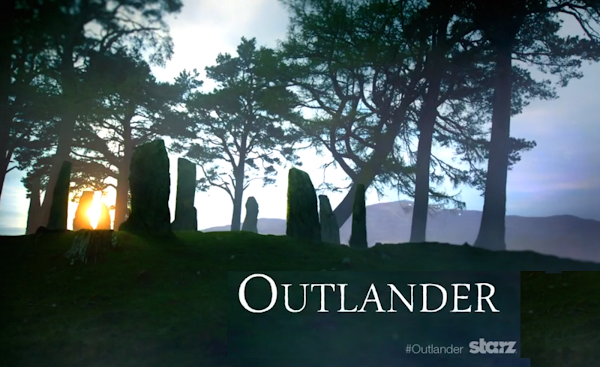Book Review: 11/22/63, by Stephen King
Here's my latest recommendation for the Methadone List: Stephen King's new time-travel novel, 11/22/63.
It's a long book, well over 800 pages (comparable in size to AN ECHO IN THE BONE), and just as in Diana Gabaldon's books, there's plenty of time to get to know the characters and to explore the world of the past in great detail.
S
P
O
I
L
E
R
S
The premise of this book is very simple. Jake Epping, a high school English teacher living in present-day Maine, travels back in time in an attempt to prevent JFK's assassination. But for reasons that are never explained in the book, the time portal in this story can only transport people to a specific point in time: September 9, 1958, more than five years before Kennedy's ill-fated trip to Dallas.
The novel is told from Jake's point of view, and it starts off rather slowly, showing how Jake adjusts to living in the Eisenhower era, which seems at once a more innocent time (where people in small towns didn't bother to lock their doors, and you could buy a car or rent a room in a hotel with cash, no questions asked) and a much less tolerant one than our own (the description of Jim-Crow toilet facilities at a gas station in North Carolina was particularly shocking).
Jake settles into life in 1958 with relatively little difficulty, and following an initial "trial run" where he attempts to change history by preventing the brutal murder of a Maine family, he eventually makes his way to Texas, where he finds a job as a schoolteacher in a small town called Jodie, where he intends to wait out the few years until Oswald returns to the U.S. There Jake meets and falls in love with Sadie Dunhill, the school librarian, and their relationship affects everything else that happens in the last half of the book.
This book explores many of the same themes common to all time-travel stories: Can the past be changed? (In Jake's world, at least, the past is "obdurate", and seems at times to actively resist even small changes.) Does the time-traveler who knows something awful is about to happen have some moral responsibility to try to stop it? What are the consequences of interfering (or attempting to interfere) with historical events, whether they are large-scale (like Kennedy's assassination) or smaller things that affect only a few people? I thought the parts of the book that dealt with these moral questions were very thought-provoking.
Jake is a likeable character, and I liked his cynical but humorous outlook on life. He starts out playing the role of an outside observer, almost a tourist from the year 2011 (much as Claire reacts in the early part of OUTLANDER), looking around with interest at everything going on around him but seeming not to be all that affected by it on a personal level. By the end of the book, it's clear that his whole life has been profoundly affected by his time in the past, and he's not the same person he was before.
Stephen King's writing is excellent, all of his characters are realistic and vividly portrayed, and although the story unfolds very gradually, there's enough action to keep things moving, and I never felt bored. It's clear that King did a lot of research into the events leading up to the Kennedy assassination, but he does a good job of weaving those details into the story so that readers who are not familiar with the historical figures (like Oswald's wife Marina, or his friend George de Mohrenschildt) can understand where they fit in. I was born a year after JFK's assassination, I know relatively little about the events leading up to it, and I had no trouble following what was going on.
Note: There is some violence in this book, but only a tiny handful of scenes with the sort of blood and gore you might expect from Stephen King. This is very much a character-focused book, and in my opinion, it's not the sort of story that will give you nightmares.
I really enjoyed this book, and I would definitely recommend it to OUTLANDER fans.








I know REPLAY very well, first read it back in the '80s. I'm a sucker for time-travel stories and always have been, ever since I was a child. :-)
Karen
Thank you for the tip. I even managed to read it before SP, very much thanks to the Kindle as I got it in minutes :)
S
P
O
I
L
E
R
I agree with your review, SK did a very well thought novel that makes your head work also when you are not reading the book.
Also, his decisions how the 11/22/63 went and the 'harmonics' left me nodding my head. Very good scenarios.
One thing that also caught my attention. You can't avoid to see, how SK describes the level of pollution and smoking habits in the 60's. The youngsters today may think that he is exaggerating, but to me that was a perfect description. Jake's own memories was from the late 70's and SK wrote that in a great way.
I was eight years in '63, my parents both smoked and I still remember, how my eyes burnt especially when we had (smoking) visitors. Now you wouldn't believe that. Also, the same comes to the pollution. At those times it was also prohibited to swim in the town river. Which now flows clean.